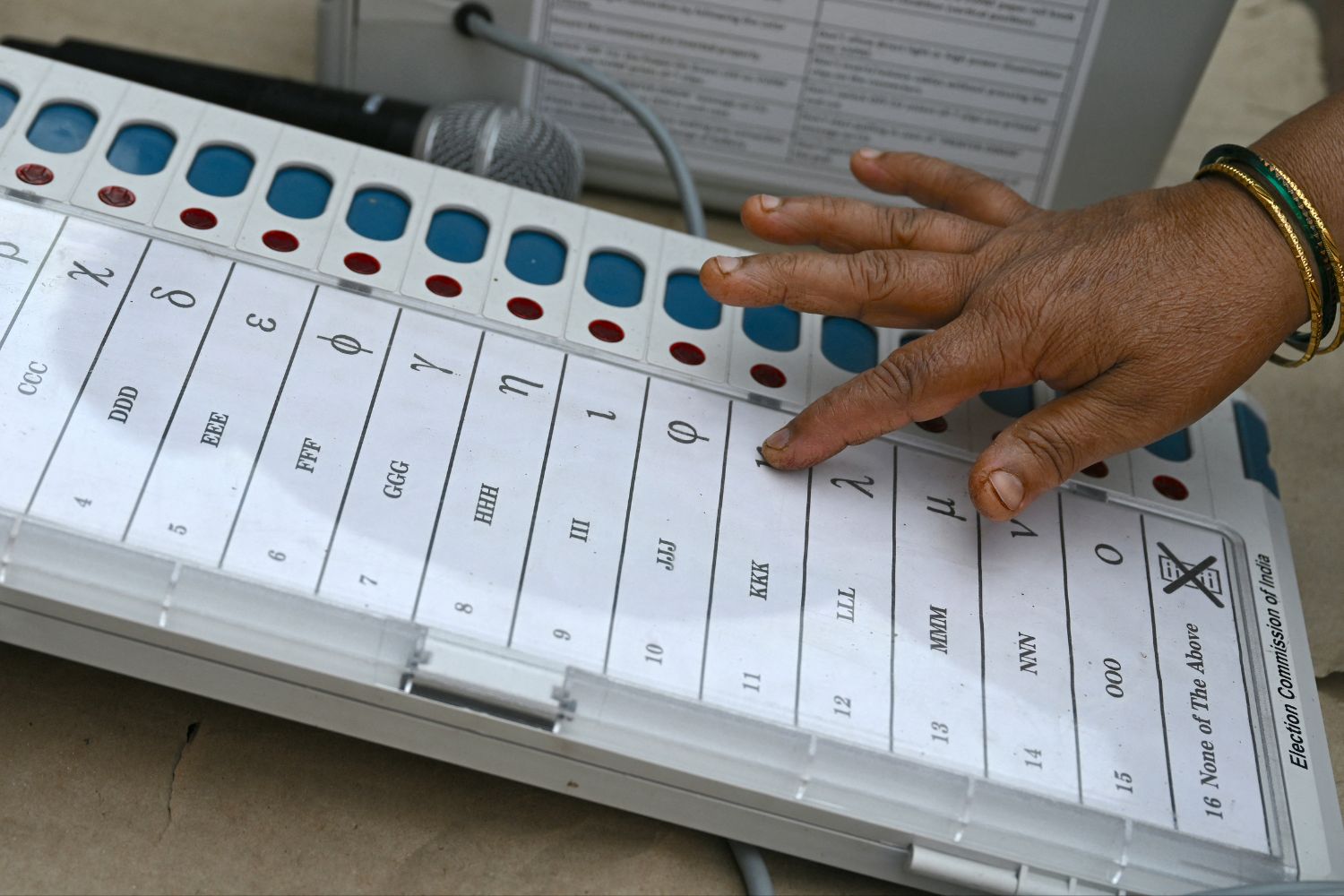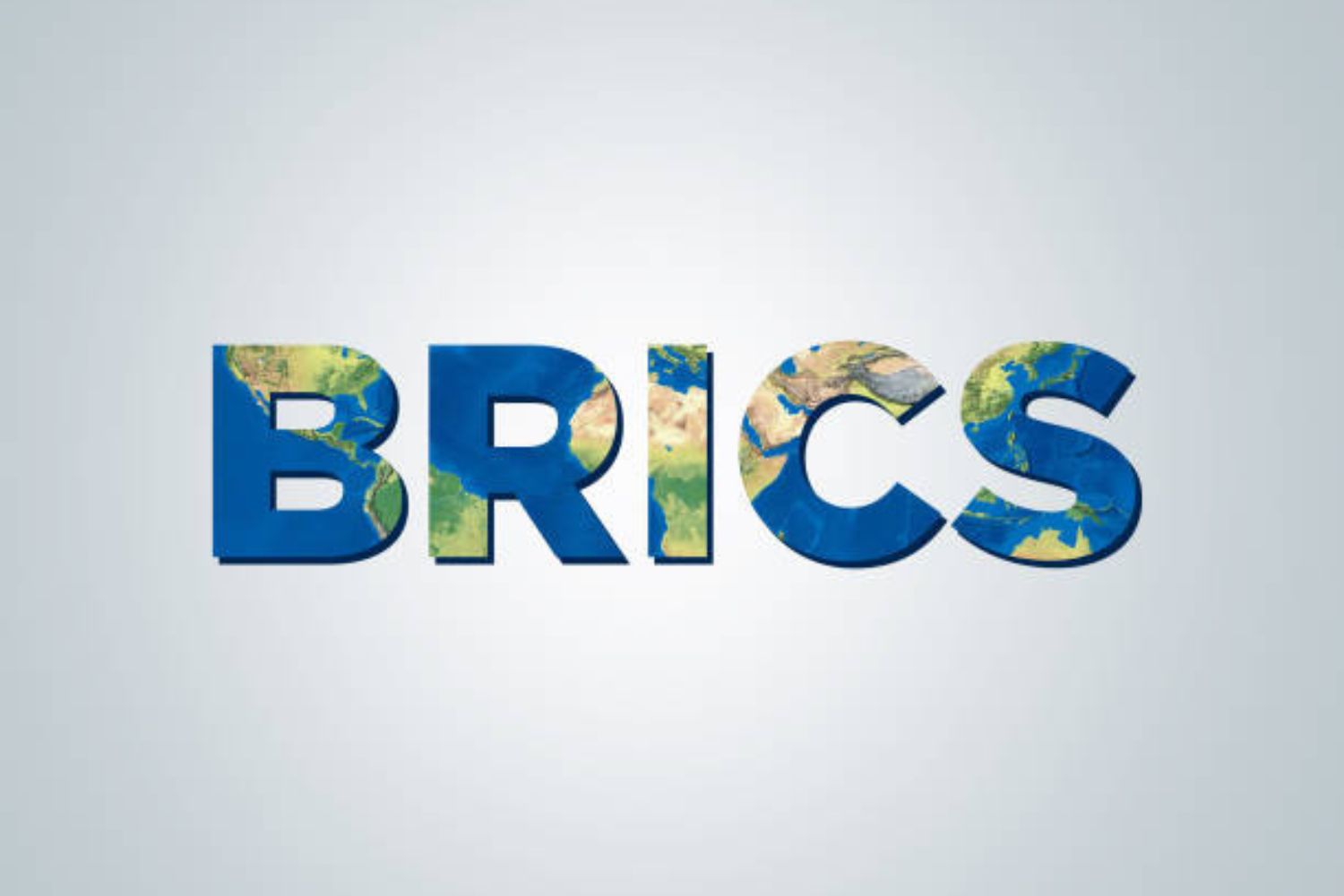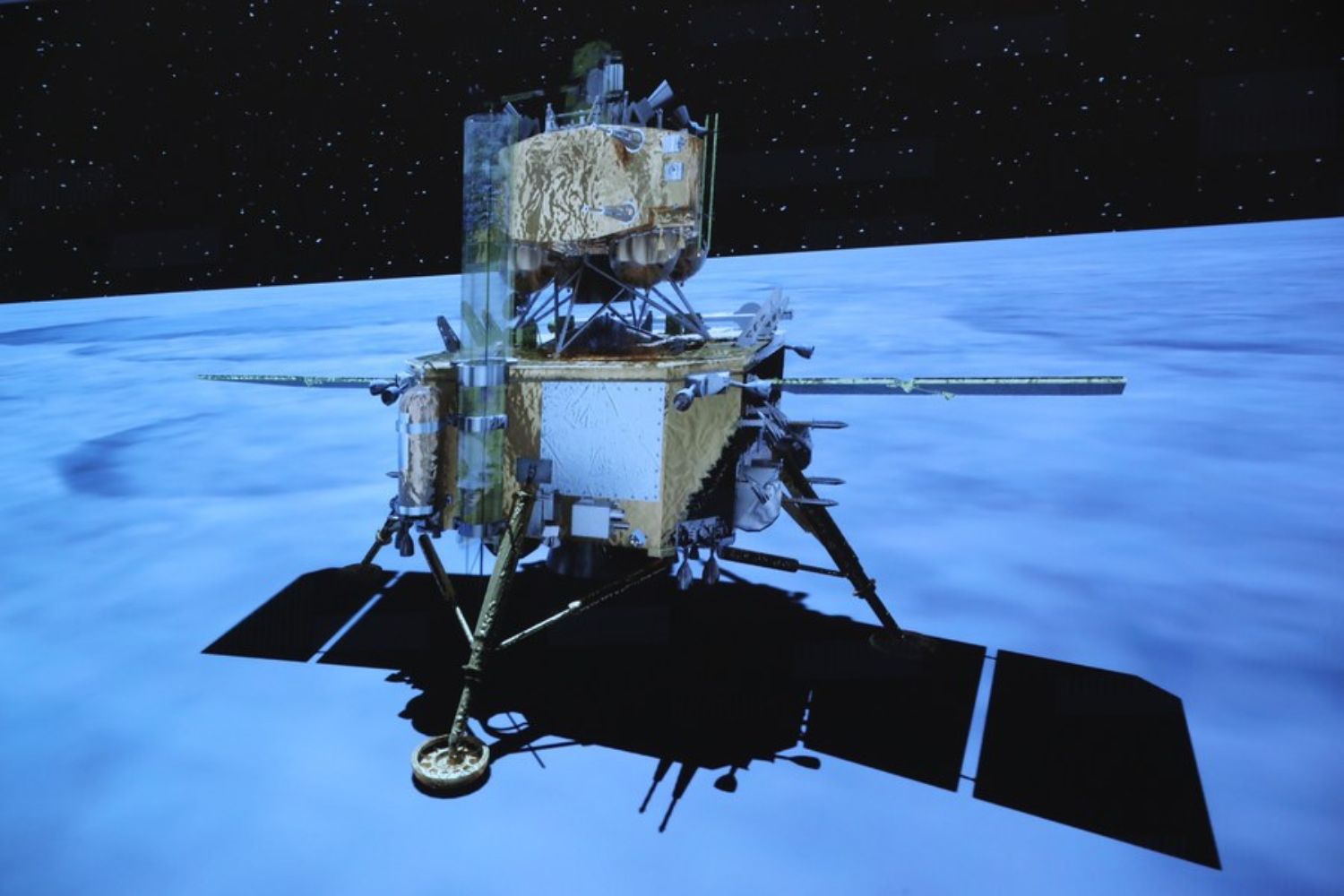BRICS has taken a monumental step in international cooperation by establishing a Space Council. South Africa officially supported Russia’s initiative to create a Space Council within the BRICS group, marking a significant milestone in the group that fosters collaboration in space exploration. In a report by TASS, this endorsement was announced by Humbulani Mudau, the executive director of Pretoria’s National Space Agency (SANSA), at the opening of a two-day summit of BRICS space agencies in Moscow.
This initiative marks a significant move towards enhancing collaboration in space exploration amongst these emerging economies, reflecting their shared commitment to leveraging space technology for mutual growth and development. Mudau highlighted South Africa’s commitment to advancing cooperative efforts in space-related activities and voiced strong support for Russia’s proposal. This initiative reflects a shared vision amongst BRICS countries in space exploration.
The establishment of the Space Council is also a strategic move to strengthen the geopolitical and economic influence of the BRICS nations in the global arena. As space becomes an increasingly important domain for national security, economic growth, and scientific research, having a coordinated and robust space strategy allows the BRICS countries to assert their presence and compete with established spacefaring nations like the United States and the European Union.
The idea for the BRICS Space Council was first introduced by Yury Borisov, the head of the Russian space agency Roscosmos, during the International Astronautical Congress in Azerbaijan last October. He proposed tin order to develop a specialised module on the Russian Orbital Station (ROS) to facilitate collaboration amongst BRICS nations.The Sfera (Sphere) multi-satellite orbital constellation project, spearheaded by Russia, has also attracted interest from BRICS member states, this underscoring the growing momentum for collaborative space technology and exploration efforts.
President Vladimir Putin has emphasised the need to increase Russia’s space service exports to regions such as Asia, Africa, and Latin America to foster collaboration and strengthen multilateral ties.
Through these collaborations, BRICS nations can share the costs and benefits of space research and development. This includes the joint design and launch of satellites, space probes, and other exploratory missions. The council aims to facilitate the exchange of technology and expertise amongst member countries.
This includes the development of new space technologies, such as advanced propulsion systems, satellite communication technologies, and remote sensing capabilities. The BRICS Space Council also aims to promote educational initiatives and training programs to build a skilled workforce in the field of space science and technology. This includes scholarships, joint research projects, and exchange programs for students and researchers.
Joint development and deployment of satellites for various purposes, including communication, weather forecasting, earth observation, and scientific research. This collaboration can enhance the capabilities of each country in monitoring natural disasters, managing resources, and conducting environmental research. This initiative also encourages private sector participation and investment in the space industry within BRICS countries. This includes fostering startups and enterprises that focus on space technology and applications, thereby boosting economic growth and job creation.
Egypt, Ethiopia, Iran, and the United Arab Emirates, have also initiated discussions with Roscosmos on various space cooperation projects. These projects include satellite production, launches, and manned space missions, demonstrating the expanding scope of international cooperation. BRICS Space Council holds great promise for advancing space exploration and technology in a collaborative and sustainable manner. By working together, the BRICS nations can achieve greater heights in space exploration, contribute to global scientific knowledge, and address critical socio-economic challenges.
Added to this, SANSA and Roscosmos signed a bilateral agreement in 2021 to build the PanEOS antenna facility. This facility, part of a Russian initiative, aims to enhance capabilities in detecting space debris in near-Earth orbit, illustrating the concrete steps being taken to boost space cooperation between Russia and South Africa within the BRICS framework. This growing partnership highlights the BRICS nations’ collective ambition to become significant players in the global space sector, leveraging shared resources and expertise to achieve greater advancements in space exploration and technology.
The establishment of the BRICS Space Council marks a significant step towards enhancing collaboration in space exploration amongst BRICS nations. By pooling resources, sharing expertise, and coordinating efforts, the BRICS nations can tackle the complex challenges of space exploration more effectively and cost-efficiently. This initiative not only strengthens their geopolitical influence but also sets a benchmark for international cooperation in the global space arena. As the BRICS countries work together to explore the final frontier, they pave the way for a more inclusive, innovative, and sustainable future for space exploration.
ALSO READ: Iran sets sights on regional space dominance in ambitious ten-year plan













